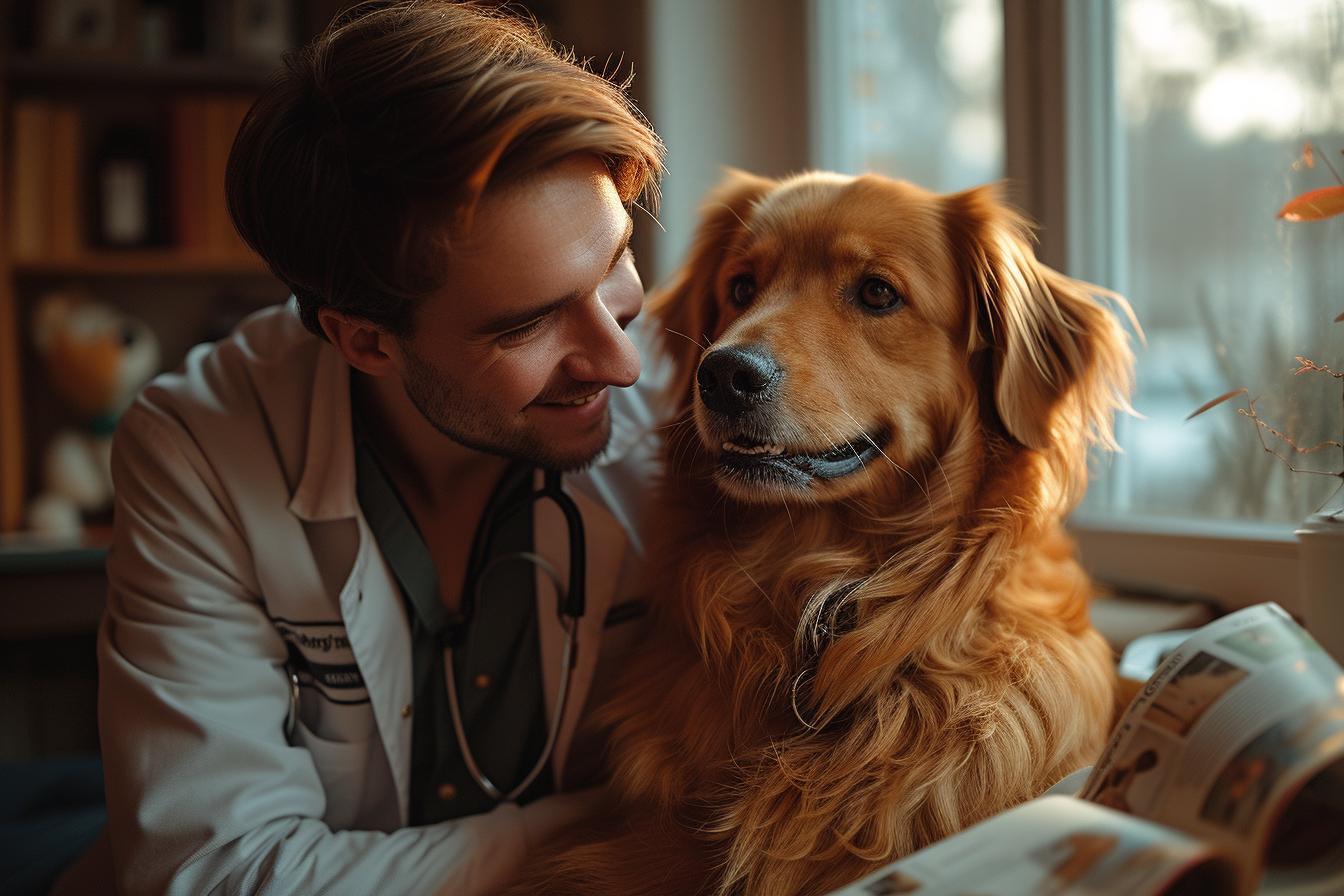Dear readers passionate about the well-being of our four-legged companions, it is crucial to learn how the food we give them is regulated. This article aims to break down the current regulation of pet food by the Food and Drug Administration (FDA), the leading agency in the field in the United States. We will delve into the legal details and safety measures put in place for our peace of mind and the health of our precious animals. From the classification of products as food or medicine to the rigorous examination of medications for animals, and from the standards imposed by the Food Safety Modernization Act (FSMA) to the partnerships established to ensure food safety, join us on this exploration of the behind-the-scenes of our loyal companions’ food.
What is considered food or medicine?
The Food and Drug Administration (FDA) is responsible for distinguishing between products intended for animal consumption that are considered food and those that are considered medicine. Under the FD&C Act, a food product is any item intended for ingestion by animals, while a medicine is defined as any product intended to diagnose, cure, mitigate, treat, or prevent diseases. This classification dictates the regulation and testing that each product must undergo before reaching consumers and their pets.
Approval of medications for animals
In order to protect animal health, the FDA requires pre-market approval for all medications intended for pets. This process ensures that medications are not only effective but also safe for the animal as well as for those who might consume products from these animals, including humans in the case of livestock.
Food Safety Modernization Act and good manufacturing practices
The Food Safety Modernization Act (FSMA) has been a significant step toward strengthening animal food safety. It imposes new requirements on animal food facilities, including facility registration and the adoption of good manufacturing practices. These measures aim to prevent risks of unsanitary conditions and contamination, ensuring that our animals receive safe and high-quality food.
FDA-regulated food additives
Food additives are substances incorporated into animal food that can provide benefits in terms of preservation, taste, or nutritional balance. The FDA oversees the approval of these additives through a rigorous petition process that evaluates their safety and usefulness.
Generally Recognized As Safe (GRAS) recognition
The label Generally Recognized As Safe (GRAS) is granted to food additives that are consensually recognized by qualified experts as safe for animal consumption. To obtain this recognition, a notification demonstrating the safety of the substance based on current scientific knowledge must be submitted to the FDA.
Regulation of dietary supplements
Unlike the regulation of dietary supplements for humans, the regulation of these products for pets is less clear. Pet supplements are not covered by the Dietary Supplement and Health Education Act (DSHEA) and are therefore subject to a case-by-case evaluation to determine whether they are considered food or medicine based on their intended use.
Inter-agency collaboration for regulation
The FDA does not work alone in its regulatory role. It partners with local and state agencies as well as the Association of American Feed Control Officials (AAFCO) to establish consistent standards and regulations. These partnerships facilitate the enforcement of food safety policies and strengthen the regulatory system in the United States for animal food.
Relevant FDA regulations and guidance
The FDA provides specific guidance and regulations regarding pet food that are essential for the industry. These guidelines include detailed information on formulation, labeling, distribution, and advertising of animal food, serving as a reference to ensure compliance with safety standards.
Useful resources for pet owners
Lastly, it is important for pet owners to be well-informed about the food they provide to their companions. Fortunately, the FDA offers a variety of resources, from guides to FAQs, to help consumers navigate the complexity of animal food regulation, ensuring the best decision-making for the health of their animals.
Within this detailed article, we have explored the regulation of pet food by the FDA. From the importance of strict product classification to the precautionary measures taken before their marketing, the safety of food for our loyal companions is closely monitored. Thanks to this rigor, peace of mind is invited to our animals’ table, allowing us to offer them safe and quality products.
Source :
https://www.fda.gov/animal-veterinary/animal-health-literacy/fdas-regulation-pet-food







